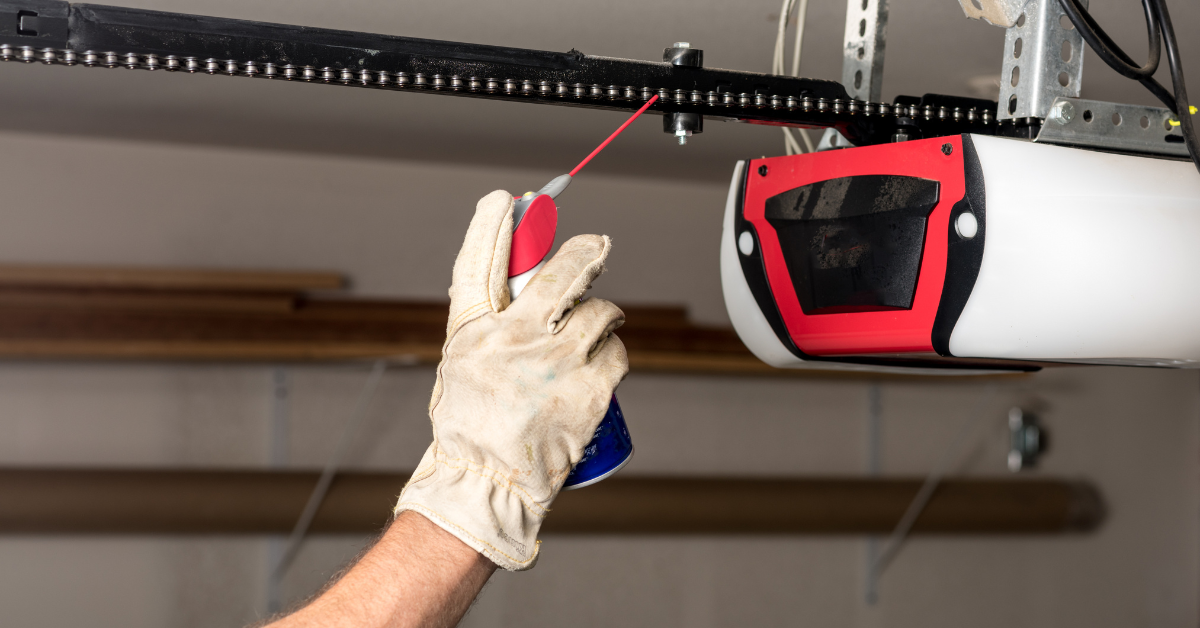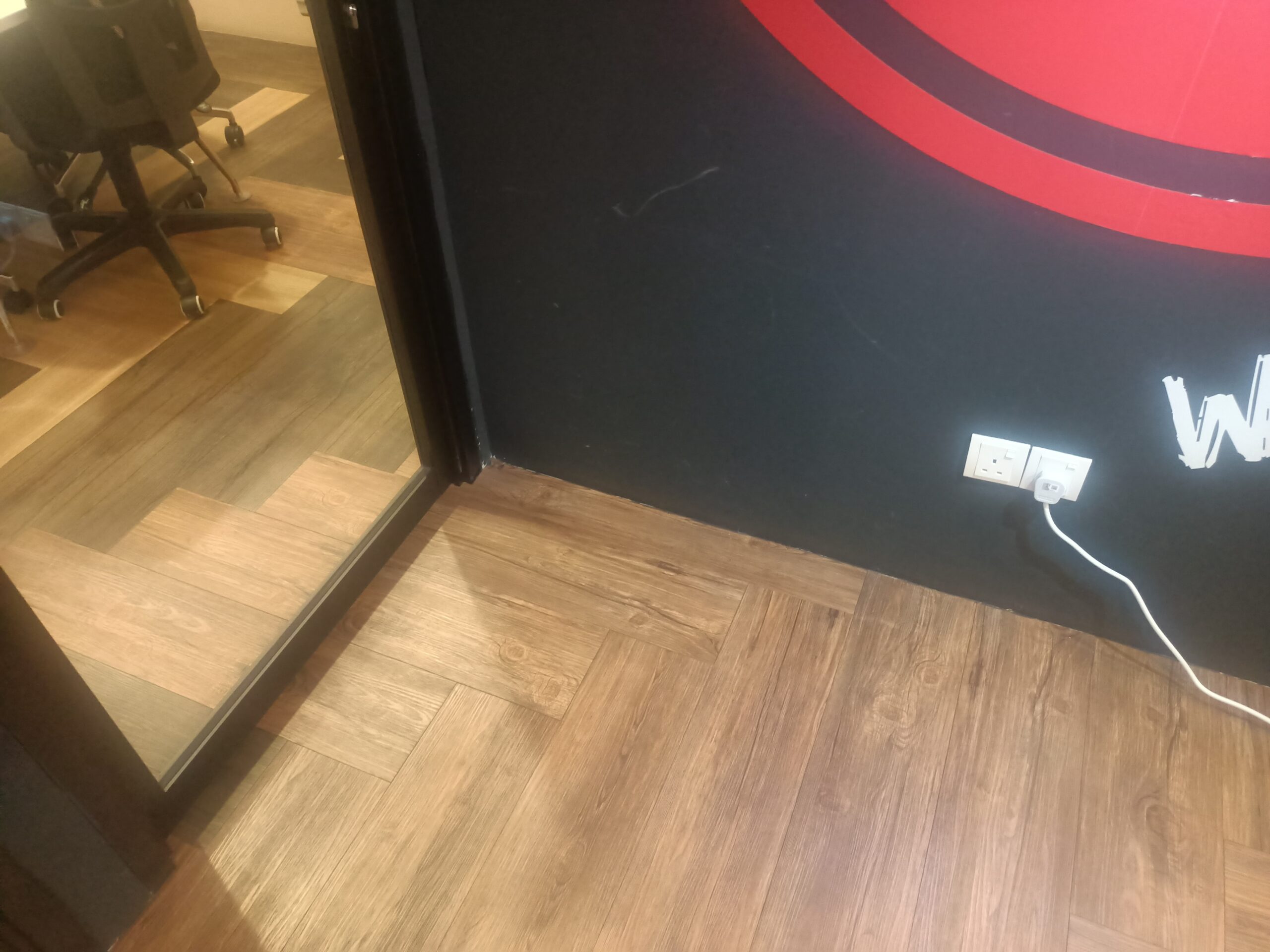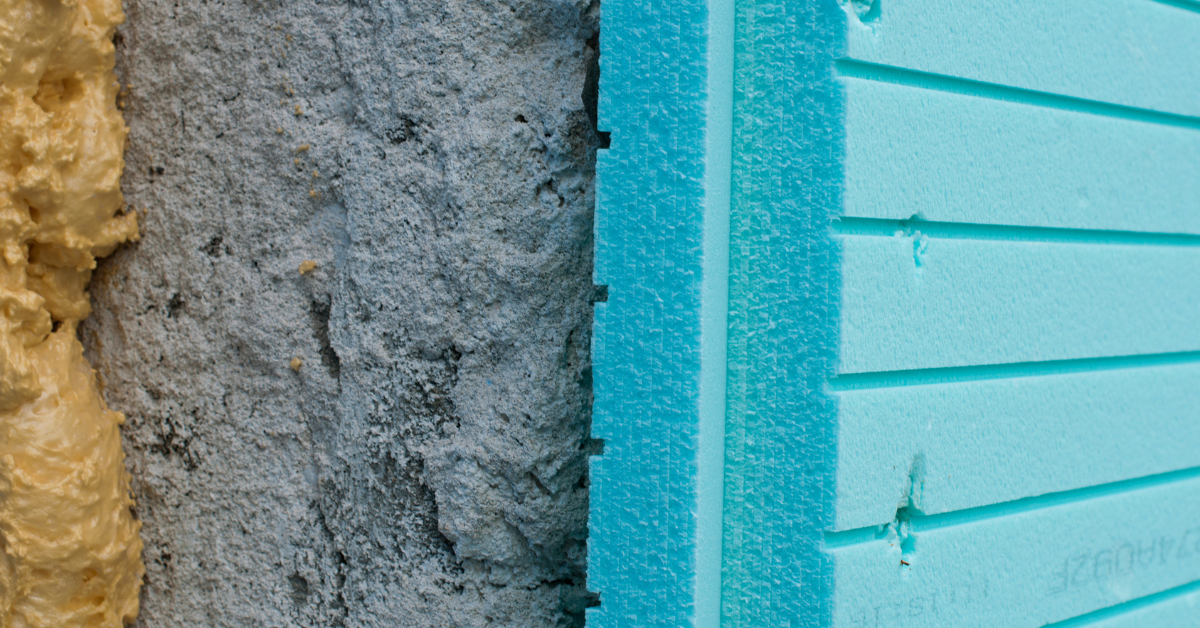Is your air conditioner making a buzzing noise? Common reasons for this could be an electrical issue, loose parts, or frozen evaporator coils.
An air conditioner ensures you can sleep, work, and relax in comfort. But when an AC unit becomes loud, you should address the issue immediately.
Here we list 7 potential issues that can lead to a noisy air conditioning unit and then recommend a solution. In each case, you’ll be advised whether this problem can be fixed at home, or if a technician needs to be called.
Skip to:
But first, read about the possible reasons your air conditioner is making a buzzing noise…
Why is my aircon buzzing?
1. Electrical arcing
Your standard air conditioning unit runs off electricity. With regular use, it’s possible that electrical components inside the units may suffer from wear and tear, or even fail. During these electrical breakdowns, the electricity can jump between connections, which results in electrical arcing.
Electrical arcing is essentially the result of an electrical fault. If you’d like to read more about the technical ins and outs, there’s a good definition of electrical arcing here. But the important thing to understand is that this type of electrical fault can lead to your air conditioner making a buzzing noise.
Solution? Call in an HVAC technician
If your air conditioner unit is making a buzzing noise, it could be because of electrical arcing. Even if you don’t know if an electrical fault is the reason, you should turn your AC off immediately. If you try to fix it yourself, this type of electrical problem could cause a shock, burns, or even worse. Call a certified (heating, ventilation, and air conditioning) HVAC technician to identify the source of the noise and fix the problem.
2. Loose parts
Vibration can cause a buzzing noise. And vibration could be the result of air conditioner components that have come loose. Depending on the parts that are loose, the noise can sound different. Whether it’s a knocking or clicking, the components rubbing against each other can result in a buzzing.
Solution? If in doubt, call a technician
You might not be an air conditioning expert but suspect that the buzzing noise you are hearing is due to loose parts. It might turn out that the problem just needed you to remove the front of the unit and tighten a certain part. If you do decide to try and find a loose component yourself, you must turn off the machine first. However, our advice is just to turn off the unit and call a technician. This way you can get to the source of the problem and fix it more quickly.
3. Frozen parts
If you’ve left your air conditioning unit on for long periods through the day and night, it might freeze up. This can lead to a loud buzzing. Sometimes, if you turn your AC unit off for a few hours and let it thaw out, the noise can go away.
However, freezing can also happen due to leaky refrigerant.
What is refrigerant? Refrigerant is the fluid that is a catalyst in the heating and cooling of an air conditioning system. It is needed for the conditioning of air to a required temperature.
If the refrigerant is leaking inside the AC system, the evaporator coil (the component that absorbs heat from outside) can become frozen and start vibrating and buzzing.
Solution? Try turning your AC off for a few hours then back on. If the noise persists, call a technician.
If the problem turns out to be a frozen evaporator coil, you are probably going to need the problem to be repaired by a professional. The frozen evaporator could just need thawing and cleaning, but there may be an underlying reason for the frozen evaporator coil that needs identifying and addressing.
4. Broken compressor
Like refrigerant, the compressor is essential to the whole operation of your air conditioning system. Its role is to pump the refrigerant that cools the air. Compressors can wear out or become damaged over time, leading to a buzzing noise.
Solution? A broken compressor should be replaced by a technician.
A malfunctioning compressor can be the reasons for your air conditioner making loud buzzing noise, but also, depending on the problem, a squealing or banging. The compressor is located in the outdoor AC unit where the condenser fan is. After turning off your air conditioner, you should then call a technician who can take a look at the compressor and perform tests. Then they can either fix or replace the compressor.
5. Condenser fan motor issue

The condenser fan is the fan that you can find in the outside unit of your air conditioning system. It circulates air from outdoors and keeps the AC system running. Certain issues with the condenser fan motor – such as the fan not rotating – can lead to a buzzing noise.
Or, one or more of the blades in this fan could feasibly become damaged or broken over time, leading to a buzzing noise caused by the friction of the air hitting the broken blades.
Solution? If you encounter a buzzing from the condenser fan, turn off your AC and call a technician.
A trained HVAC professional will be able to check if there is any problem with the fan, debris, or missing components that are causing the condenser fan motor to make a buzzing noise. They can then decide if the motor or fan itself needs repairing or replacing.
6. Failed contactor
Another element of your HVAC system that can wear out over time is the contactor. The contactor is an electrical switch that controls both the condenser fan motor and the compressor. If electrical arcing or another issue occurs due to wear and tear or damage, it could malfunction, and make a buzzing noise.
Solution? Call a technician
The failed contactor may need removing, testing, and potentially replacing. This is a dangerous job that requires a trained, skilled technician.
7. Damaged isolation feet
Outside, under the compressor unit, lie the isolation feet. They are there to absorb the vibrations that the compressor makes during operation, and to provide stability to the unit. The isolation feet might suffer from wear and tear outside over time, as they are exposed to the elements. This can lead to a diminished ability to absorb the vibrations from the compressor, resulting in a buzzing noise.
Solution: Call a technician
Don’t attempt to repair damaged isolation feet yourself. If you see that the isolation feet have deteriorated, cracked, broken, or become loose, you should call in a professional HVAC technician to replace the isolation feet. This will restore stability to your compressor and absorb vibrations that may be causing a buzzing noise.
Talking of loud fans – are you a gamer? Just asking because PS4 fans can often become louder over time – the PS4 Pro has even been compared to a jet engine! Check out this article on Is Your PS4 Fan Loud? Here’s Why and 11 Ways to Fix It
How to avoid a loud air conditioner
Above, we’ve given you the solutions to an air conditioner making a buzzing noise. You may have noticed; most of these solutions advise you to call a professional HVAC technician. But that doesn’t mean there aren’t ways you can avoid the problem of a buzzing air conditioner before it happens.
Here are some quickfire tips on how to avoid a loud air conditioner:
- Schedule maintenance – your AC unit should get some routine maintenance. Once a month might be pushing it, but aim for every few months or at least once a year. This will allow a professional HVAC technician to clean the unit if necessary, and ensure everything is in working order.
- Clean the outdoor unit – you can turn your air conditioner off and check out the outside unit. If the condenser fan is covered in dust or debris, it may be leading to buzzing or another sound. This job can be done simply by spraying water with a garden hose.
- Replace or unclog the air filters – every now and then, your air filters will need unclogging or replacing. The air filters are situated behind the front cover of most indoor AC units. If your air conditioner is receiving routine maintenance, your technician will be able to tell you when they need cleaning or replacing. If you live in a dusty environment, you might need to replace your filters as frequently as every 60-90 days.
- Get odd noises checked out – if you hear an odd buzzing, or other type of noise, you might try turning your air conditioner off for a while, in case components have become frozen and need thawing. However, if the noise persists after turning your air conditioner back on, call an expert to identify and fix the problem.
Loud air conditioner FAQs
If you’ve been asking yourself the question “why is my air conditioner making a buzzing noise”, we hope you now understand the possible reasons, and what you should do about it.
Now let’s wrap up this article with some frequently asked questions on loud air conditioners:
How loud should an air conditioner be?
Most air conditioners should operate at a noise level no higher than 55 decibels (dB). To put this in perspective, the typical ceiling fan also operates at around 55 dB, a normal washing machine at around 60-70 dB, and a standard smoothie maker around 80-90 dB.
How much does it cost to fix a loud air conditioner?
Depending on your area and your local services, you can pay anything from $70 to $200 for a regular check-up and tune-up. New air filters can cost between $10 and $50. According to research by Forbes magazine, a replacement AC compressor costs an average of $1900 when you factor in both parts and installation.
What is the quietest air conditioner?
The quietest air conditioners on the market are the mini split type. These are ductless HVAC systems, meaning they don’t require any ductwork (passages or tubes that deliver and remove air). Popular examples of ductless mini split systems include the Mitsubishi MUZ-FH Series and LG Art Cool.






